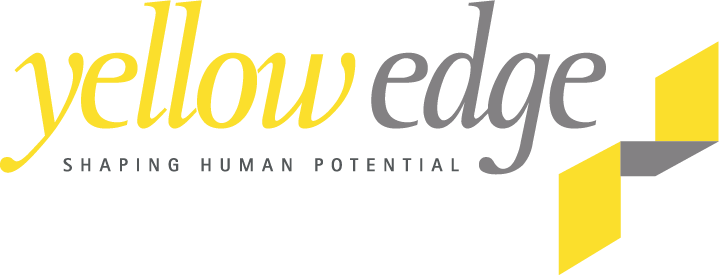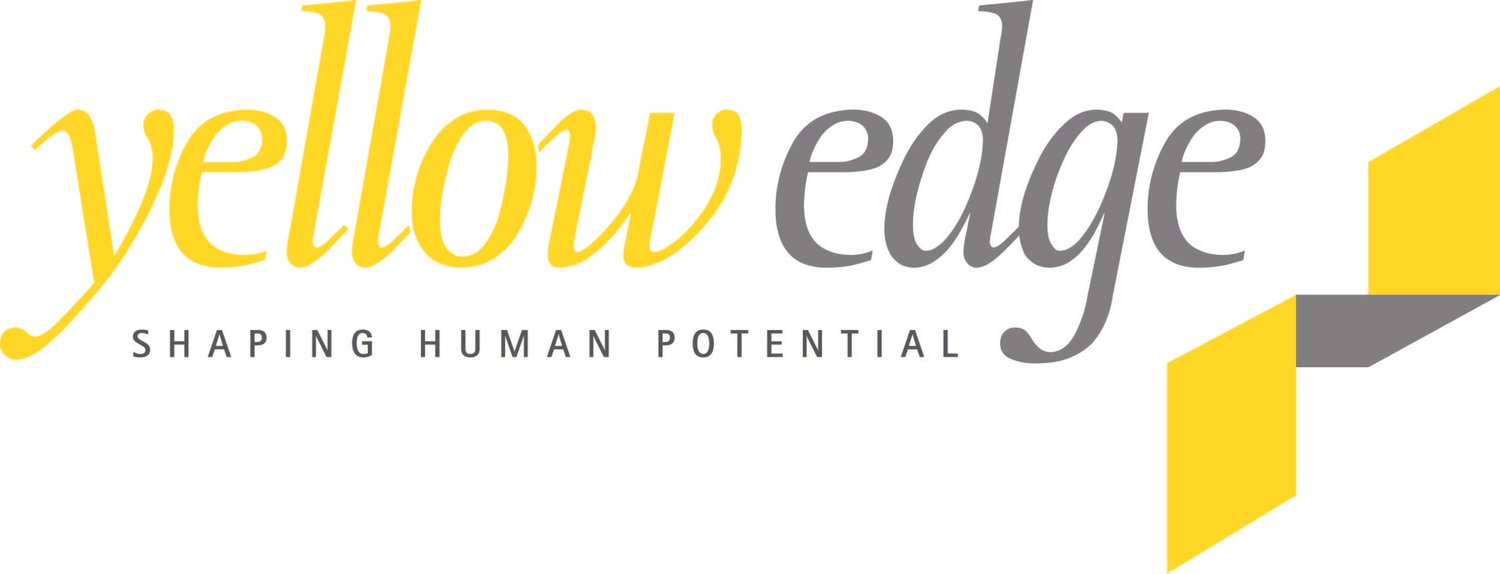36. Unproductive Busyness
by Andrew Simon
As we move around organisations and meet with clients, partners and stakeholders every day, it’s a rare thing to come across someone who will admit to having a bit of free time!
Almost everyone we meet says that they are really busy, and they seem to be really busy with back to back meetings, responding to emails, (most of which seem to be marked urgent), returning phone calls (or not!), making appointments for even more back to back meetings, editing documents, correcting other people’s work and putting out “spot fires” that inevitably happen in busy places.
And while people seem to be run off their feet with such busyness, it is often unclear just what is being achieved, accomplished and finished.
Activity unfortunately, does not always equate to accomplishment.
One consequence of such busyness is that we deny ourselves the opportunity to pay attention to the quality, depth and impact of our work. We find that we don’t have time to read submissions properly or to form a considered view, to design a workable way forward or to innovate. We spend a lot of time at meetings walking over documents which we should have read beforehand, instead of using the time to make good decisions or to have conversations which matter. Our days become long and we get more and more tired just trying to keep up with these kinds of relentless demands on our time, attention and energy. For some, feelings of being out of control, exhausted and of being overwhelmed are common.
Of course, intense activity and busyness can be exhilarating. Being intensely busy is not necessarily negative, provided our busyness is meaningful and purposeful. Unproductive busyness which lacks coherence of effort and purpose drains us as we realise that our effort no matter how well meaning and diligent, appears pointless.
In such a context, our emotional, psychological and physical resources drain very easily and our capacity to lead, to manage, to be strategic, to contribute and to learn is hampered and compromised. Indeed, recent research suggests that our desire to be good corporate citizens as well as helpful colleagues and peers diminish as we become more and more tired. Attention is decreased and passivity increased which leads to lower performance on the job especially as managers and leaders. We then tend to avoid all non-essential, non-rewarded, discretionary good behaviour and bunker down.
Andrew is Chief Executive of Yellow Edge a company focused on inspiring individuals, teams and organisations to greater levels of performance.


